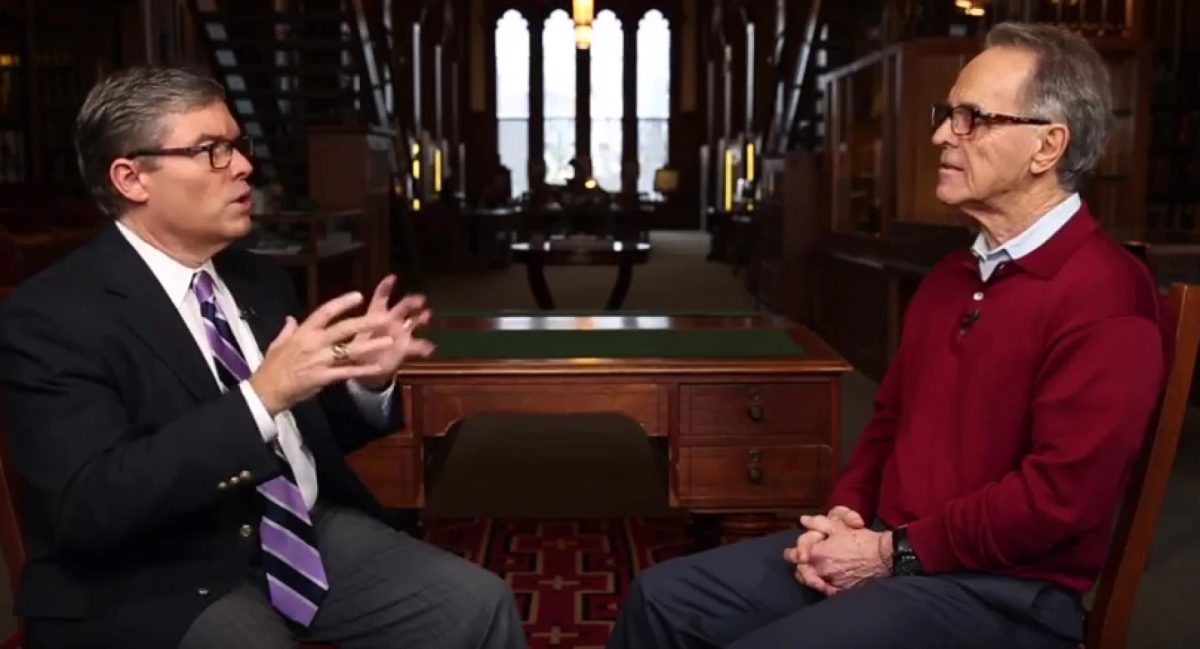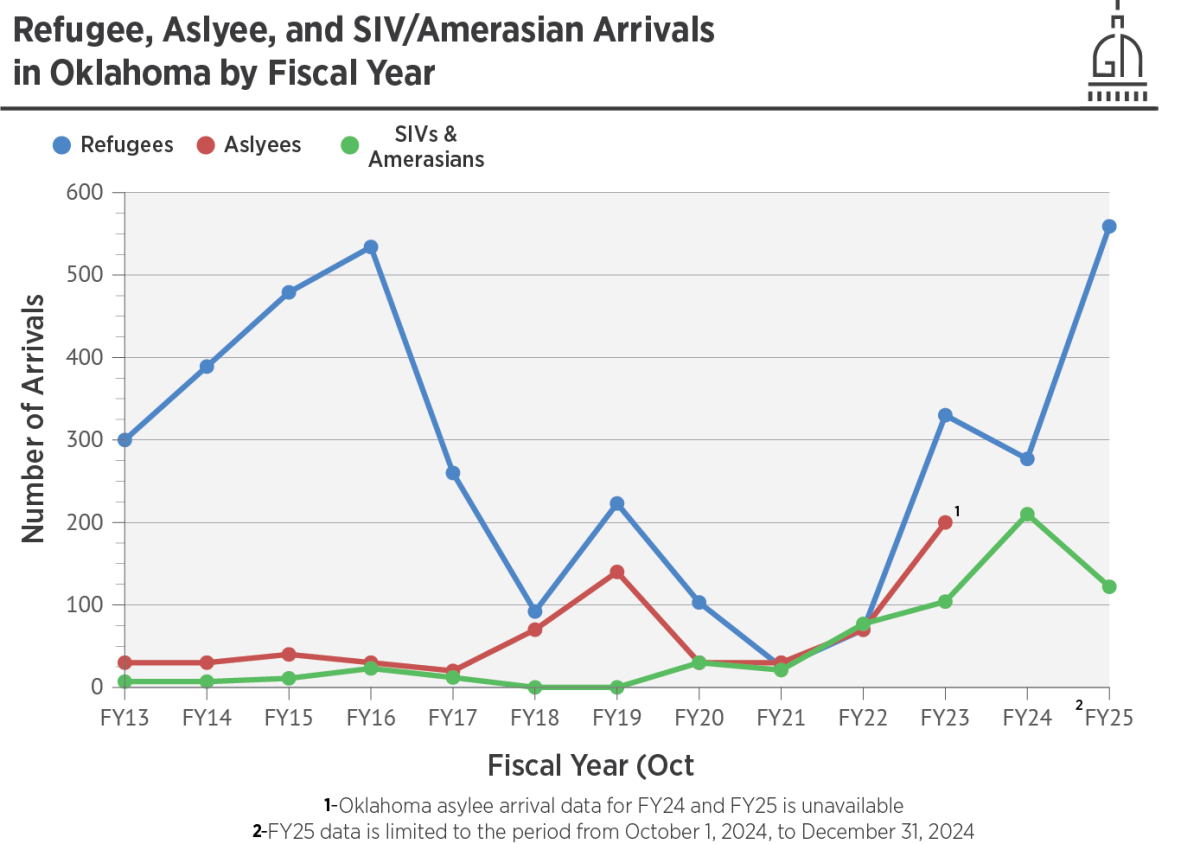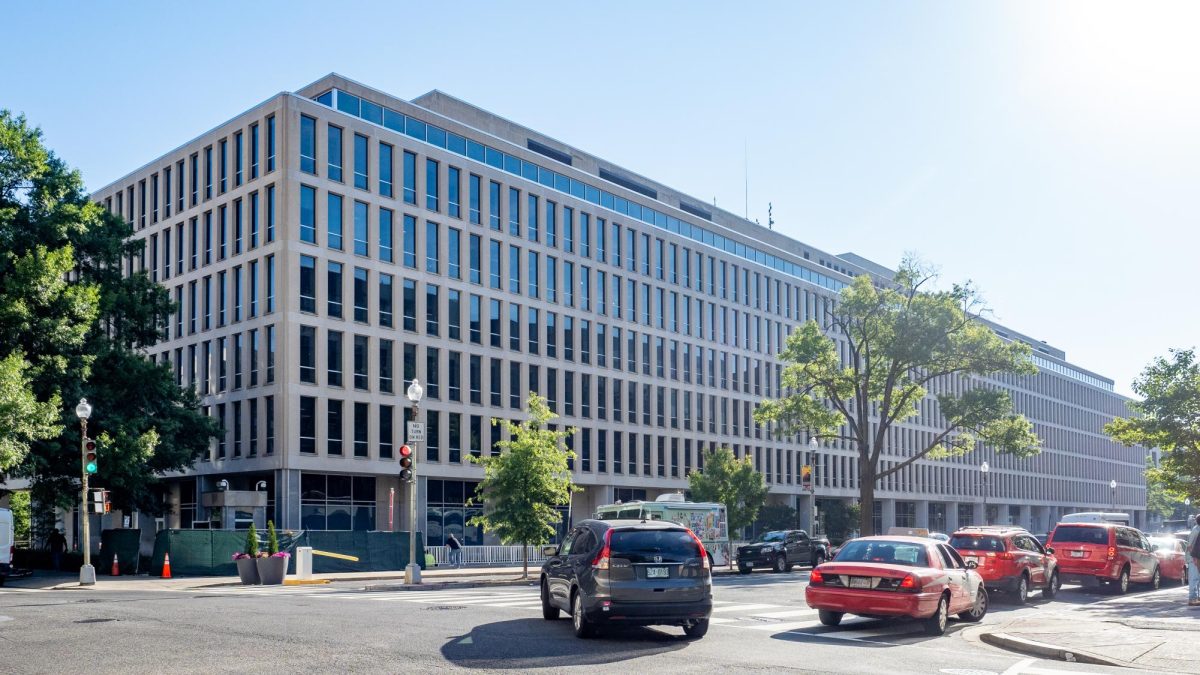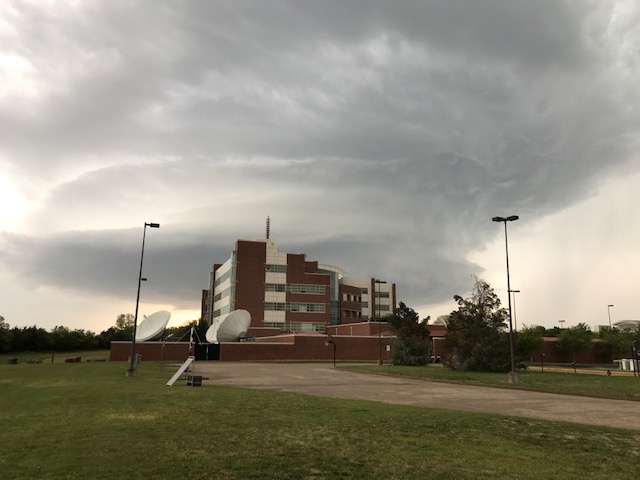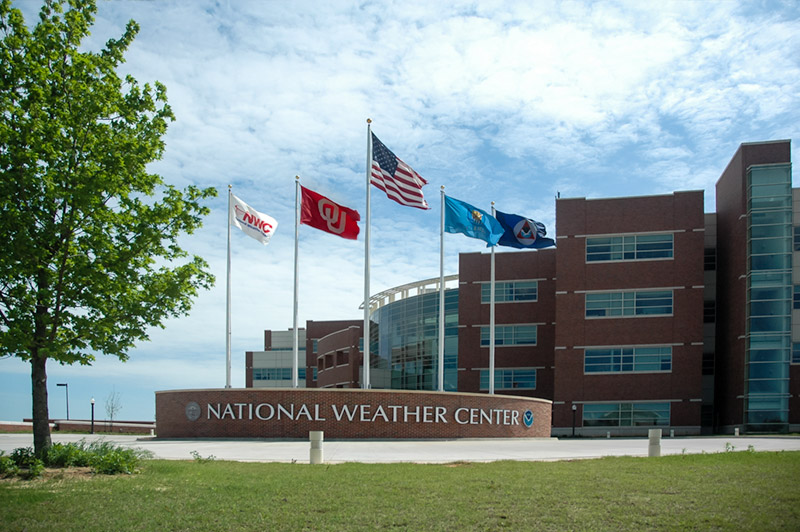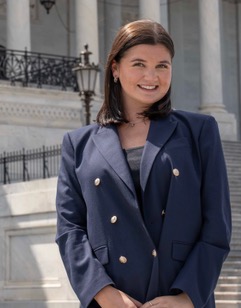WASHINGTON – More than $6 million in public broadcasting funding in Oklahoma could could be at risk following a vote by the House Appropriations Committee Wednesday.
More than $1 million of that is for the state‘s NPR stations, including KGOU in Norman, KOSU in Oklahoma City and KWGS in Tulsa, KCCU in Lawton, KUCO in Edmond and KCNP in Ada, which is owned by the Chickasaw Nation.
The cuts, part of a an effort by some to defund public media, is part of a group of cuts called a rescission package aimed at canceling more than $9 billion in appropriated but unspent money, of which $1.1 billion was appropriated for the Corporation for Pubic Broadcasting.
The party line vote, joined in by Committee Chair Tom Cole (R, Moore), now moves to the full House for a vote, which could come as early as Thursday.
If it passes, the Senate will have 25 days to act. According to the Senate parliamentarian, that evaluation period could end on July 18.
The White House formally submitted the rescission proposal on June 3 aimed at eliminating $9 billion in unobligated federal spending. Under the Rescissions Act, Congress has 45 days to act on the proposal once it’s received. A key part of the package would rescind $1.1 billion in advance funding for the Corporation for Public Broadcasting for fiscal years 2026 and 2027. This funding supports PBS and NPR.
For over 50 years, CPB has received its funding two years in advance to give stations financial stability and the ability to plan ahead. The current proposal would not only eliminate future funding but also take back money that has already been approved, which would break from this long-standing precedent.
KGOU General Manager Dick Pryor said the station received $166,000 last fiscal year from CPB through a Community Service Grant. This direct payment supports news coverage, public programming, and emergency alert services.
In addition to direct funding, CPB also supports satellite services that enable stations like KGOU to receive programming via satellite connections with NPR and other stations. CPB manages and pays for music licensing rights as well, which is crucial for broadcasting music legally.
Another key benefit of CPB’s funding is the satellite interconnection system that links public radio stations, allowing them to share emergency alerts. This capability enables KGOU to broadcast important emergency information to the public promptly.
Pryor emphasized that if CPB funding were rescinded, the total cost to replace these benefits, including direct funding and services like satellite connections and licensing, would exceed $295,000 annually for KGOU.
During the debate, Sen. Virginia Foxx (R-NC) emphasized that cutting funding would improve accountability for public broadcasting.
“The public broadcasting act of 1967 mandates that all public broadcasting must demonstrate strict adherence to objectivity and balance in all programs. There’s a myriad of statistical studies that prove they are not,” Foxx said.
“PBS made 162 references to the far right versus only six references to the far left. Perhaps the most damning to NPR is the fact that they had to utilize a $1.9 million federal grant to improve objectivity and diverse viewpoints last year,” she said.
Sen. Dan Goldman (D-NY) defended public media, saying it plays a critical role in national emergency response.
“Twenty states list NPR in their emergency response plans. This infrastructure is essential for emergency alerts, geo targeted text messages and first responder communication,” Goldman said. “If you vote no, we can work together on funding for public broadcasting.”
While KGOU primarily serves the Oklahoma City metro area, their broadcast reaches 36 counties across Oklahoma, many of which are rural. Pryor expressed uncertainty about whether they will be able to maintain service to these rural areas if funding is cut. Unlike KGOU, many smaller rural stations rely on a larger share of their revenue from CPB, so those stations will face even greater challenges. KOSU primarily serves central and northeastern Oklahoma.
“It’s so important for us to be able to maintain service and capability to provide news, information, emergency alerts, severe weather warnings, any kind of emergency notifications from the President,” Pryor said.
“It’s so important for us to be able to do that throughout the state, throughout our listening area, because many of those, those rural counties, cities, live in news deserts where there isn’t really any other source of information.”
Gaylord News is a reporting project of the University of Oklahoma Gaylord College of Journalism and Mass Communication. For more stories by Gaylord News go to gaylordnews.net.

